Cell of the Anchoress of Shere
In 1329, Christine Carpenter entered this small stone cell in the hopes of becoming a living saint.
Outside St. James Church in Shere, you will find a metal plaque marking the site of the cell of Christine Carpenter, Anchoress of Shere 1329. Inside the church, close to the altar, you will find further evidence of the anchoress.
An anchoress was a person who would withdraw from common life to dedicate themselves to God and bind themselves to the church by living the rest of their earthly life within a small cell. Much like many anchorite abodes, or anchorages, Christine’s small cell was attached to the church and installed with a quatrefoil opening through which she would receive food, and a squint window into the church that allowed her to participate in services.
Christine’s life as an anchoress began, as detailed on the plaque, in 1329. She explained to the Bishop of Winchester that she wished to be removed from the world’s distractions so as to lead a more pious life. This request was granted following enquires into Christine’s moral qualities and chastity, and she was sealed into the cell in July of the same year. As she began her lifelong vow of seclusion, a burial service was read for she was considered dead to the sinful world, the cell being her symbolic tomb.
Despite her oaths and stone, Christine broke out of the anchorage after almost three years and attempted to rejoin society. Having broken her holy vow, Christine was threatened with ex-communication. It is perhaps this threat that led Christine to return to seclusion and isolation. By October of 1332, she had called on the Pope to pardon her sin on the condition she return to her anchorage. This she did, and there she remained for the rest of her mortal life.

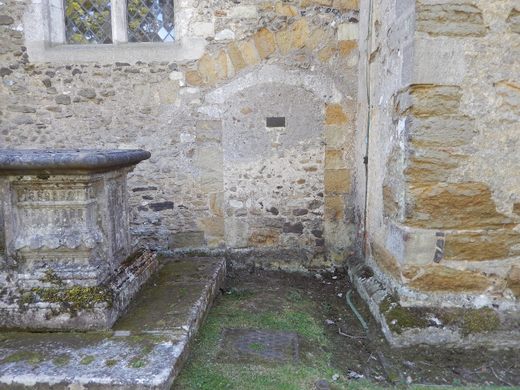

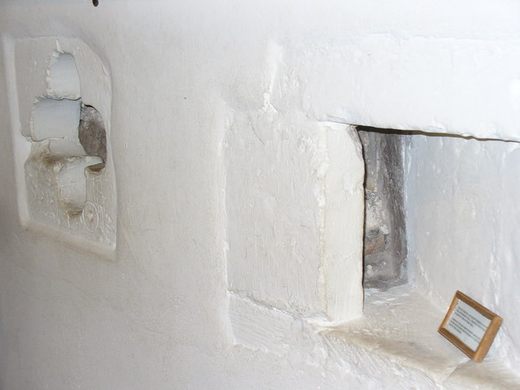
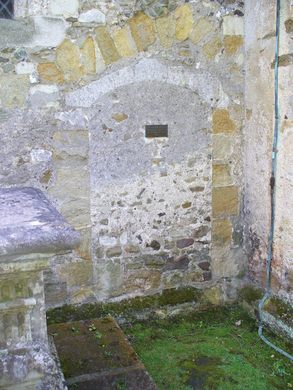





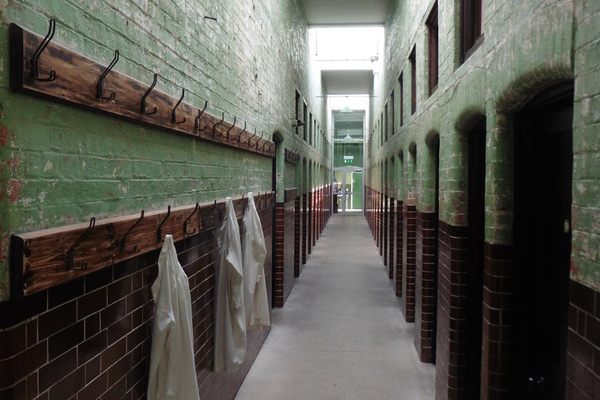
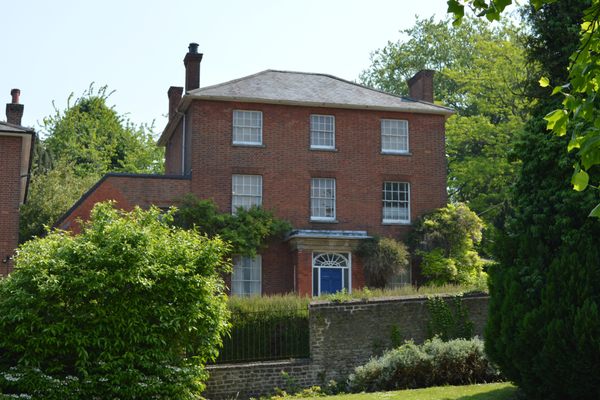




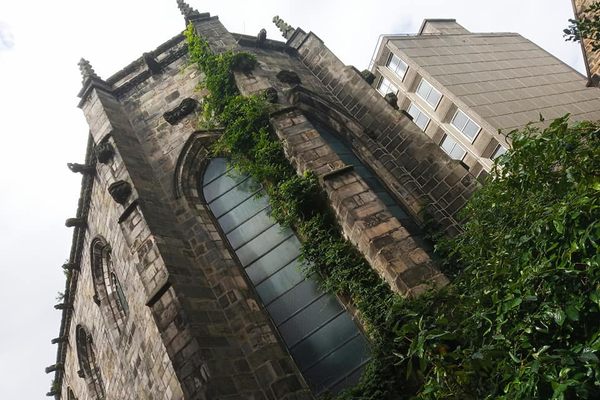

Follow us on Twitter to get the latest on the world's hidden wonders.
Like us on Facebook to get the latest on the world's hidden wonders.
Follow us on Twitter Like us on Facebook